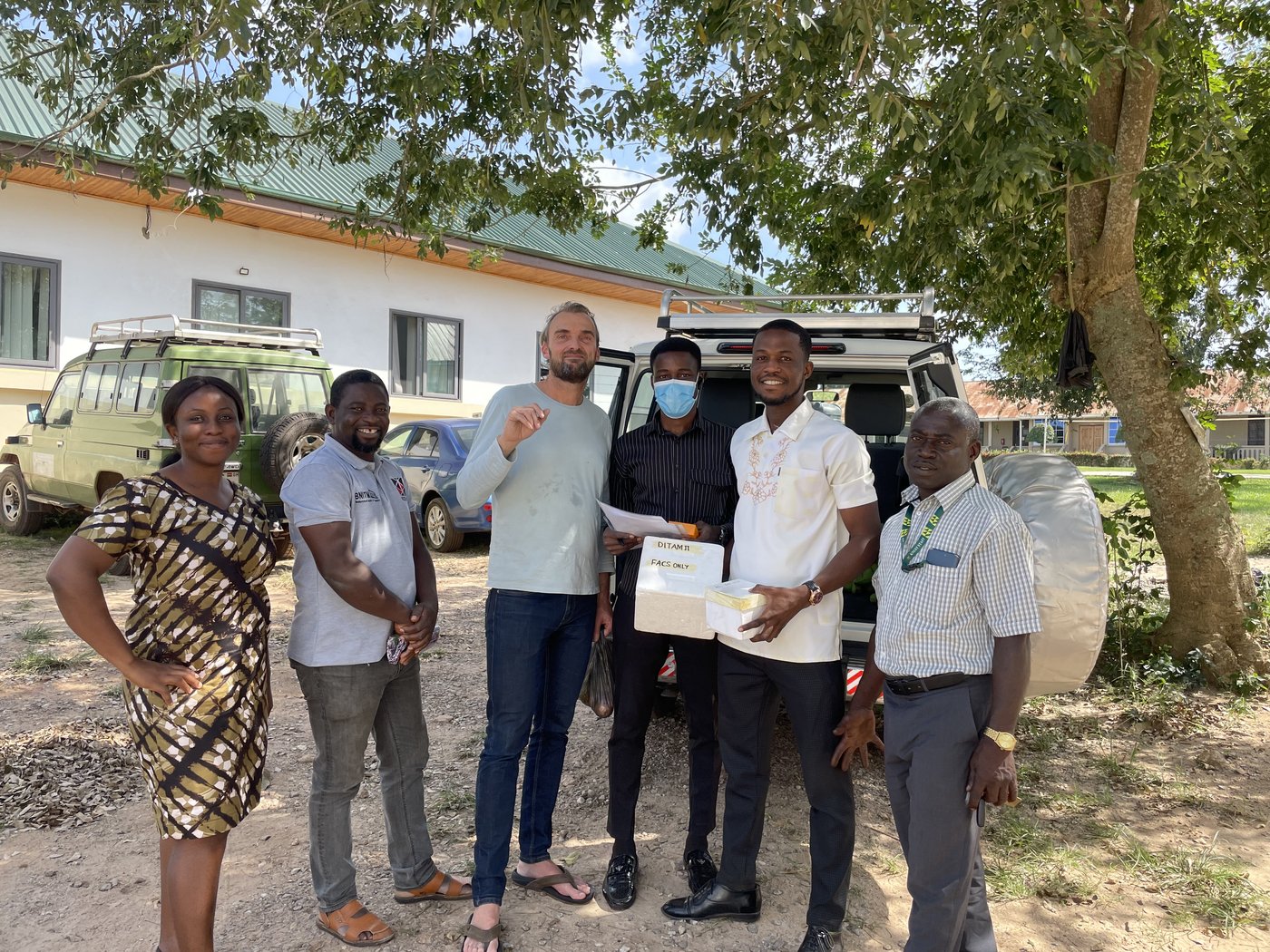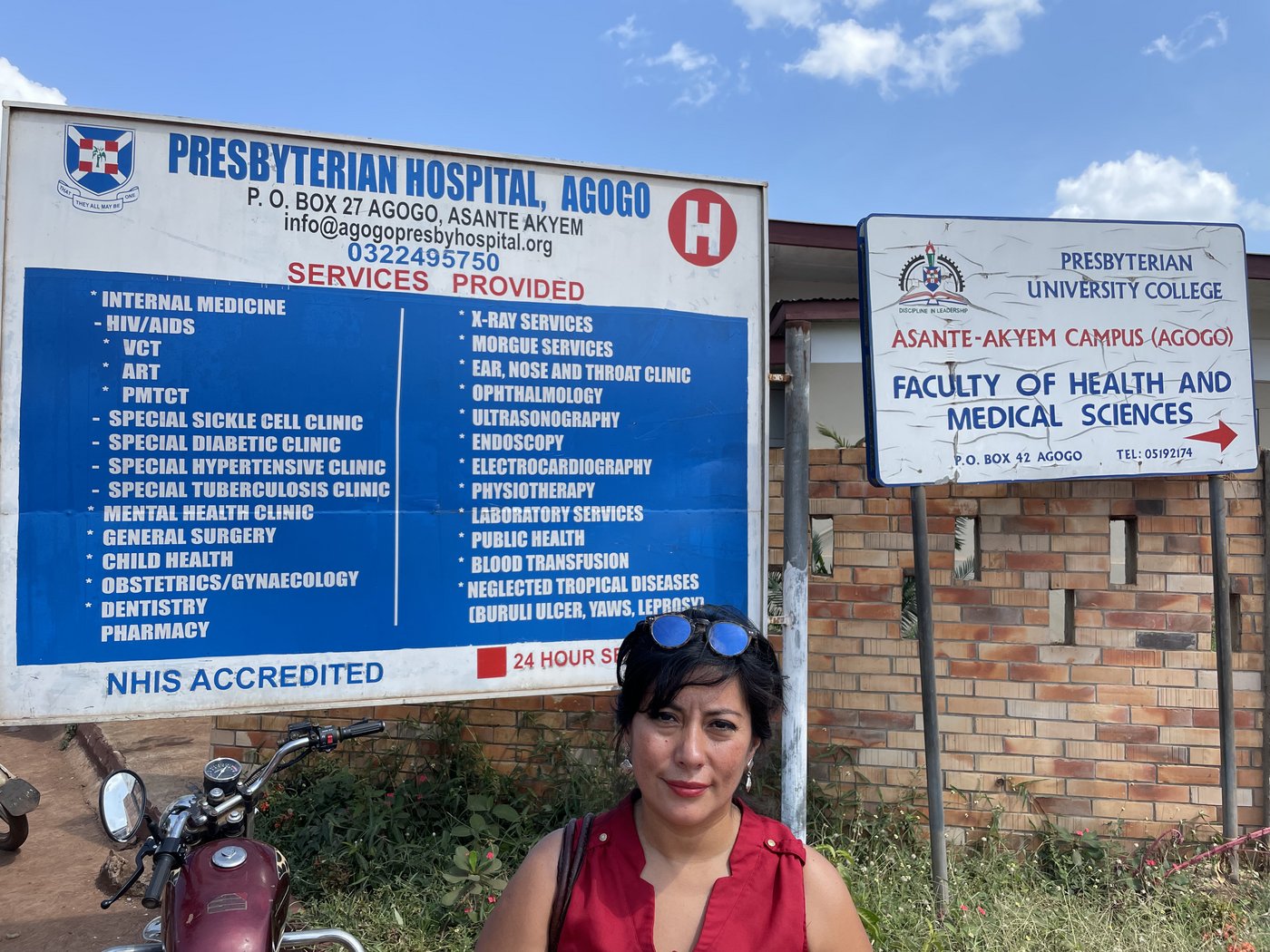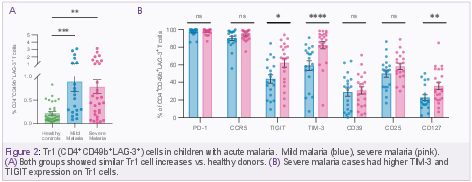Our research group is dedicated to understanding the role of T cells in malaria.
In the context of malaria, particularly during Plasmodium falciparum infection, our studies have highlighted the involvement of co-inhibitory molecules such as PD-1 and CTLA-4 on CD4+ T cells. These PD-1+CTLA-4+ CD4+ T cells are antigen-specific and produce both pro-inflammatory cytokines like interferon-gamma (IFN-γ) and anti-inflammatory cytokines like IL-10. Remarkably, these cells do not exhibit exhaustion; instead, they demonstrate suppressive functions that modulate immune responses and prevent excessive inflammation during acute malaria.
Our research also challenges the conventional view of co-inhibitory molecules as markers of T cell exhaustion. We have found that the expression of multiple co-inhibitory molecules on malaria-induced T cells is associated with enhanced functionality, including increased cytokine production and cytotoxicity, rather than T cell exhaustion. This suggests that these co-inhibitory molecules may play a more complex role in regulating immune responses during infection.
Further investigations have shown that during acute malaria, the induction of co-inhibitory molecules promotes T cells that acquire functional properties of Tr1 cells. These cells have additional suppressive capacity, which may serve as an immune regulatory mechanism to limit further activation of T cells and maintain immune balance. These cells, which produce interleukin-10 (IL-10), play a crucial role in maintaining immune homeostasis and suppressing excessive immune activation.
A central aspect of our work is the Malaria Birth Cohort, coordinated at the BNITM and KCCR in Kumasi, Ghana. This major research initiative aims to better understand the immune responses of children born in malaria-endemic regions, offering invaluable insights into the development of immunity and the role of T cells in malaria. The findings from this cohort are key in shaping our understanding of malaria immunology and advancing the development of targeted vaccines and therapeutic strategies.
Through these efforts, we aim to unravel the complex interactions between T cells and the malaria parasite, with the goal of improving immune-based interventions and contributing to the global fight against malaria.













